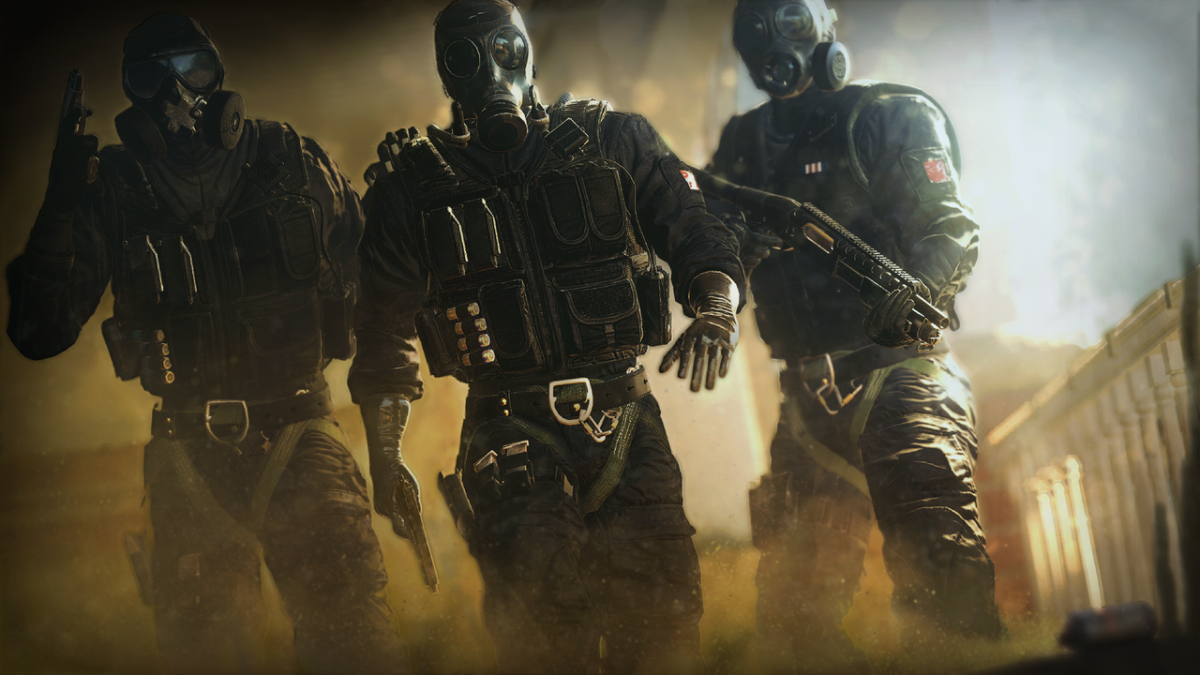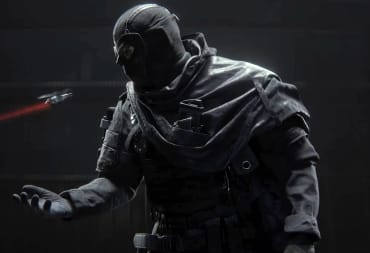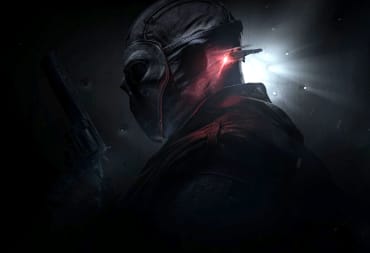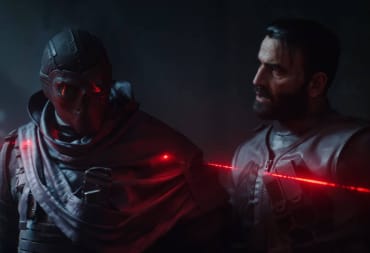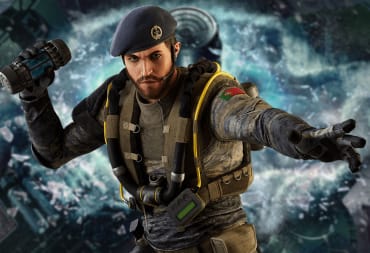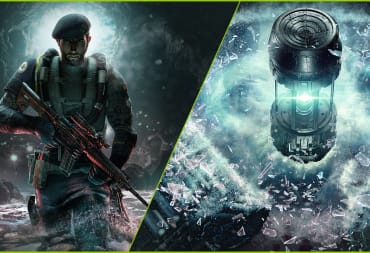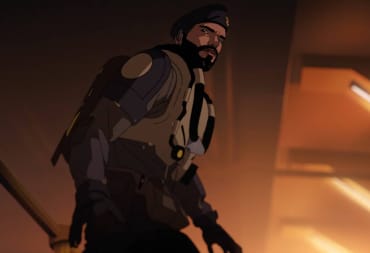Almost three years ago, Ubisoft unveiled their latest tactical shooter with their usual song and dance routine. You've got a trailer with helicopters, mildly generic terrorists, special forces guys clad all in black, and super tactical hardcore dialogue that sounded like it came from a nine year old's script for a cheesy war movie. Underneath all the fancy trailers and pre-release fluff, however, was a game that really shouldn't have succeeded as well as it did, at least on paper. On its release, Rainbow Six Siege was a full-price multiplayer-only experience that almost demands that you play with friends for the most optimal experience, not to mention the fact that (as per Ubisoft tradition) it had some rather inconsistent connectivity and balancing issues.
One would think that with how many people criticized Star Wars Battlefront for delivering an "unfinished, but pretty" game that Rainbow Six Siege would've been dead on arrival, but it appears as though that is not the case. During the game's free-to-play weekend, it skyrocketed to the top of Steam's list of bestsellers (with the Season Pass not too far behind). On top of that, Ubisoft has claimed that the game has actually seen an increase in the amount of active users since release (with SteamCharts seemingly verifying that information), which is rather atypical for pretty much any game. Of course, there is a small caveat in that Siege doesn't exactly have the raw audience numbers of a game like Halo, Battlefield, or Overwatch, but there's nothing wrong with being a sleeper hit.
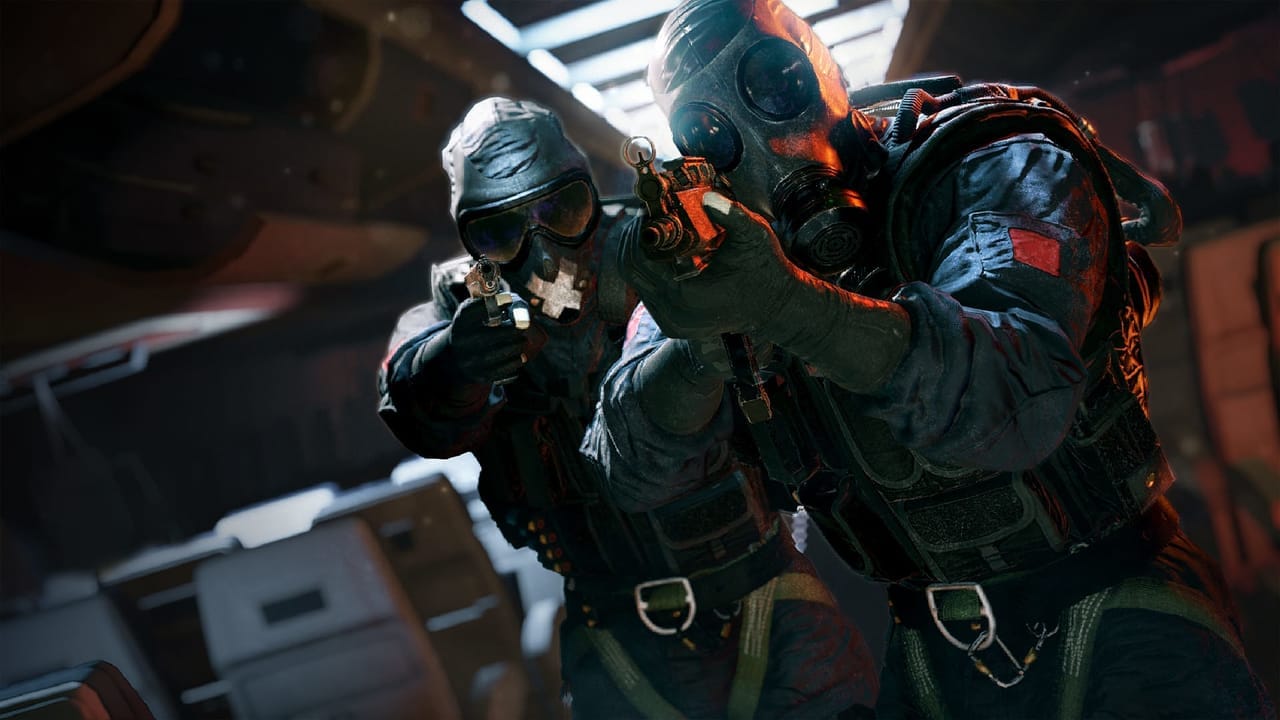
To understand Siege's success, you would probably have to look at what kind of environment it was released into. Even with all of its flaws, and it has quite a number of them, Rainbow Six Siege has served as lighthouse in a sea of mediocre Ubisoft games throughout the last couple of years. It certainly didn't hurt that there weren't that many competing modern-themed tactical shooters with destructible cover either. Add some free DLC and positive word of mouth, and you've got a slow, but steady, influx of people who are either looking for slow or methodical gameplay or a game that doubles as a team-building exercise among friends.
With all of the negative feedback to The Division and Ghost Recon Wildlands' beta, Rainbow Six Siege's performance is a sign that Ubisoft might be better off expanding upon what people like about Siege and applying it to their future modern themed shooters. Sure, Siege has a very steep learning curve that is very unfriendly to casual audiences, but when every other Ubisoft open-world game has been met with mild indifference at best or flopped hard at worst, something has to be done to generate excitement in the Ubisoft brand again, especially with how predictable their games have become lately. Unless, of course, they want the Tom Clancy (and by extension, Rainbow Six) brand to lose all meaning.
Have a tip, or want to point out something we missed? Leave a Comment or e-mail us at tips@techraptor.net
